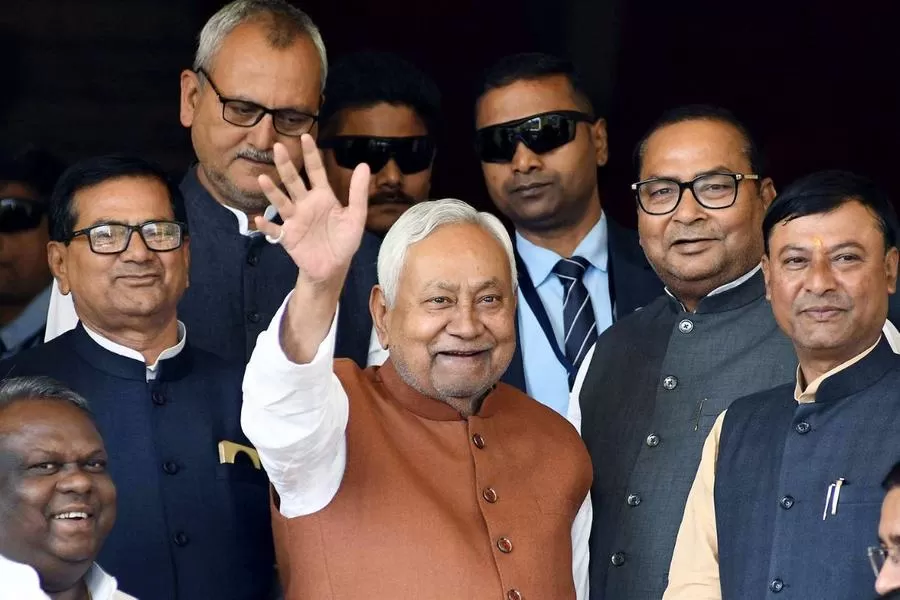CNN's Harry Enten Unpacks Trump's Ambitious Crime Agenda for a Potential Second Term
- Nishadil
- August 15, 2025
- 0 Comments
- 4 minutes read
- 47 Views
- Save
- Follow Topic

Enten Warns: Trump's Second-Term Crime Plan Could Face Major Hurdles
CNN's senior data reporter, Harry Enten, dissects Donald Trump's robust promises to tackle crime in a potential second White House term, highlighting the complexities and potential obstacles inherent in his proposed 'law and order' approach.
In a recent candid discussion that cut through the political noise, CNN's sharp-witted senior data reporter, Harry Enten, pulled back the curtain on Donald Trump’s sweeping promises to tackle crime should he secure a second term in the White House. Enten’s analysis wasn't just a breakdown of numbers; it was a sobering look at the intricate web of federal and local powers that often complicates even the most fervent pledges to restore 'law and order.'Trump has consistently woven a narrative of escalating crime across American cities, positioning himself as the singular force capable of reversing this trend.His rhetoric often hints at an unprecedented federal crackdown, suggesting a strong hand from Washington to rein in what he perceives as a spiraling crisis.
Voters hear promises of swift, decisive action, and a return to what some might consider a tougher era of justice.However, as Enten meticulously laid out, the path from campaign promise to policy reality is fraught with considerable challenges.A core point of contention lies in the fundamental structure of America's criminal justice system.
The vast majority of crime enforcement and prosecution falls under local and state jurisdiction, not federal. This decentralization is not merely bureaucratic red tape; it's a cornerstone of the nation’s governance, rooted in constitutional principles and historical practice.Enten underscored that while a president certainly wields influence and can deploy federal resources, the idea of unilaterally 'federalizing' local crime is largely an oversimplification.Federal agencies like the FBI or DEA operate within specific remits, often focusing on interstate crimes, terrorism, or drug trafficking, rather than day-to-day street crime that largely remains the purview of municipal police departments and state attorneys.
Attempts to significantly override this structure would face immense legal and constitutional hurdles, likely leading to protracted battles in the courts and significant pushback from states jealous of their sovereign powers.Furthermore, the effectiveness of a top-down, punitive approach to crime, particularly when applied broadly across diverse communities, has been a subject of intense debate among criminologists and policy experts for decades.Enten’s implied skepticism aligns with research suggesting that complex social factors, rather than just enforcement alone, often drive crime rates.
Addressing these root causes—poverty, education, mental health, and community resources—requires a nuanced, localized strategy, not a sweeping federal mandate.Ultimately, Enten’s insightful analysis served as a crucial reality check.While the desire for safer communities is universal, and Trump's pledges resonate with a segment of the electorate, the practicalities of his proposed 'law and order' measures are far more complex than they appear on the campaign trail.
His potential second-term crime agenda, as dissected by Enten, would require navigating a labyrinth of legal precedents, intergovernmental relations, and deeply entrenched social issues, challenging the very notion of a simple federal solution to a deeply local problem...
Disclaimer: This article was generated in part using artificial intelligence and may contain errors or omissions. The content is provided for informational purposes only and does not constitute professional advice. We makes no representations or warranties regarding its accuracy, completeness, or reliability. Readers are advised to verify the information independently before relying on
















